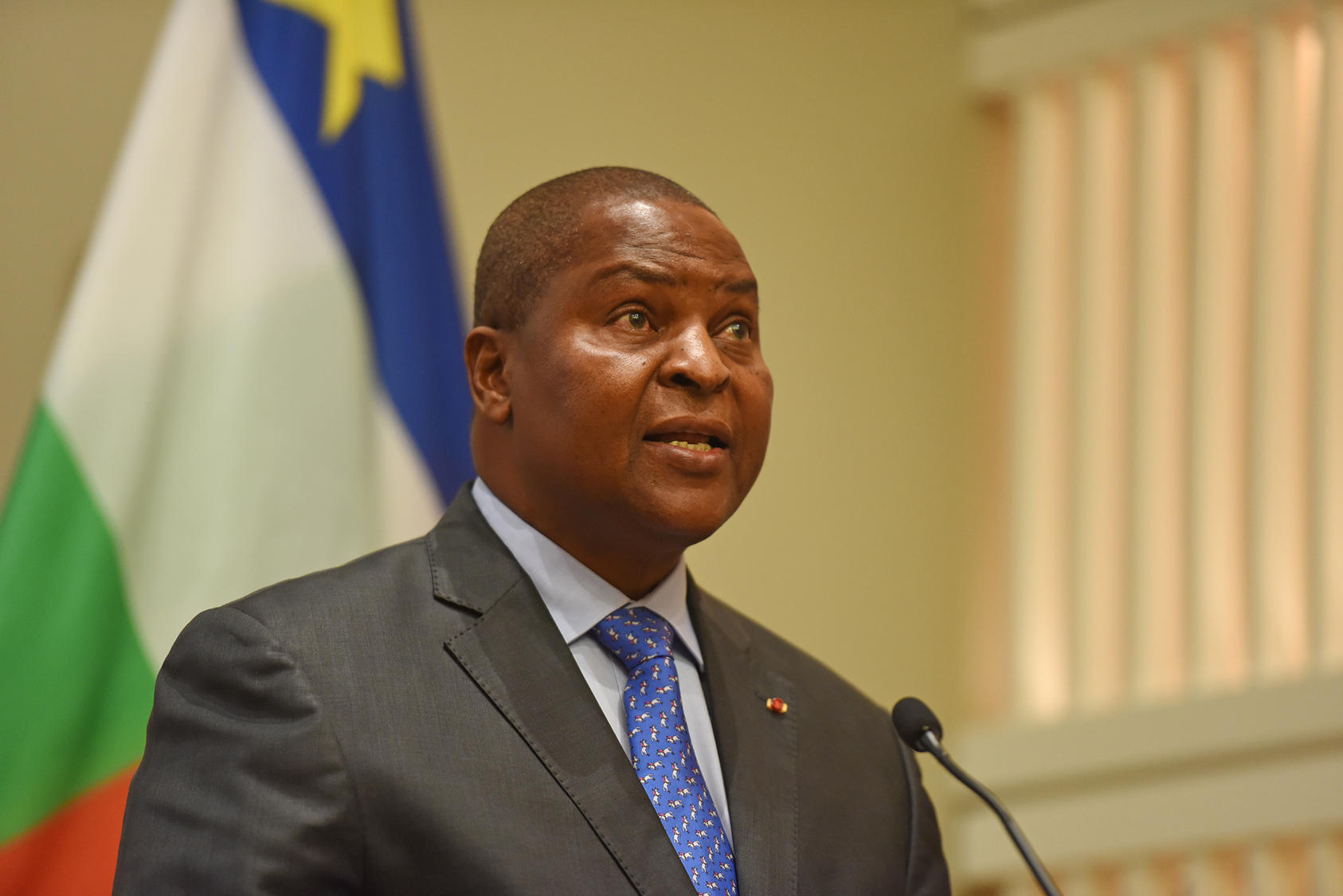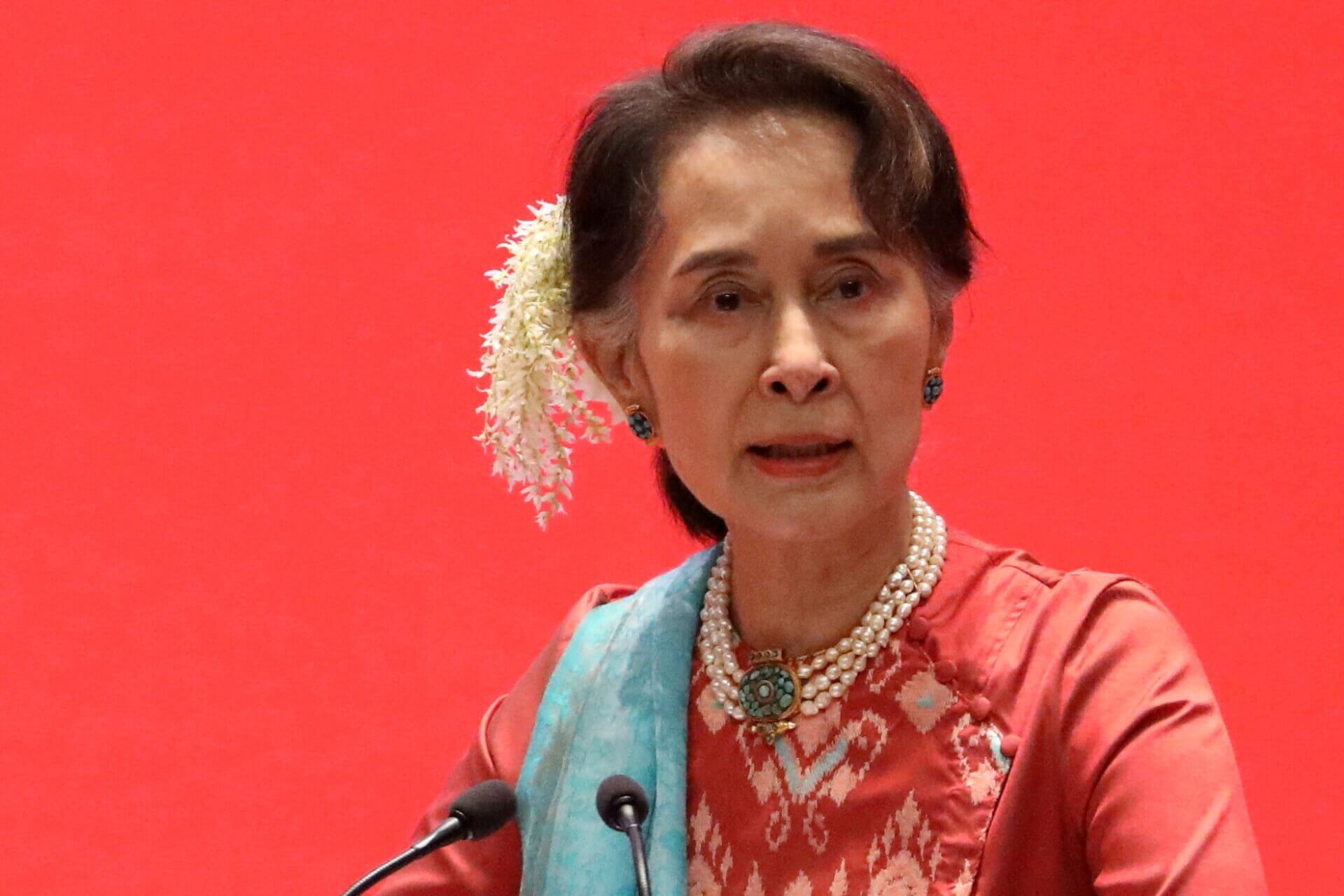South Asia
In a letter to the United Nations Security Council (UNSC), Afghanistan’s UN representative, Naseer Ahmad Faiq, condemned Pakistan for violating Afghanistan’s territorial integrity and sovereignty by launching airstrikes in the Kunar and Khost provinces on April 16. He said Pakistan’s cross-border shelling and other violent attacks could “further destabilise the peace and security in Afghanistan and the region.” [Hindustan Times]
The Baloch Liberation Army (BLA) warned of orchestrating more attacks unless China halts its “exploitation projects” and “occupation of the Pakistani state.” On Tuesday, an attack by the BLA outside Karachi University killed three Chinese nationals. [Al Jazeera]
Central Asia and the Caucasus
Georgian Foreign Minister Ilia Darchiashvili met his Azerbaijani counterpart Jeyhun Bayramov in Tbilisi on Wednesday to discuss security, economic, energy, trade, transport, and cultural ties. The pair reaffirmed their readiness to strengthen security cooperation in light of regional issues, a possible reference to the Nagorno-Karabakh tensions and Russia’s invasion of Ukraine. [Agenda.ge]
Kazakh lawmakers are seeking to revoke former President Nursultan Nazarbayev’s title of Elbasy (leader of the nation) in the wake of anti-government protests in January over corruption in Kazakh politics, a legacy of Nazarbayev’s rule from 1990 to 2019. Lawmakers plan to annul a law that gives Nazarbayev the title Elbasy and almost limitless power even after his resignation almost three years ago. [RFE/RL]
East and Southeast Asia
A Myanmar court sentenced deposed leader Aung San Suu Kyi to five years in prison on Wednesday after finding her guilty in the first of 11 corruption cases against her. The Nobel laureate has been charged with at least 18 offences, which carry a combined maximum jail term of nearly 190 years if found guilty. [Channel News Asia]
The eastern Chinese city of Hangzhou will start mass testing for COVID-19, with 10,000 free test sites to be set up all over the city, the municipal government said in a statement late on Wednesday. Authorities also urged residents to get tested every 48 hours. Meanwhile, cases in Shanghai fell for a consecutive fifth day. [The Straits Times]
Europe
Russia has banned 287 British members of parliament from visiting the country over their role in perpetrating “Russophobic hysteria.” British Prime Minister Boris Johnson said that those sanctioned should celebrate it as a “badge of honour.” [Reuters]
On Wednesday, the Interior Ministry of Transnistria reported that a drone originating from Ukraine fired bullets at a Russian arms depot in the region. It described the incident as a “terrorist attack,” raising concern over a possible spillover from the war in Ukraine. Transnistria is a Russia-backed breakaway territory of Moldova; it also houses a number of Russian troops. [The Moscow Times]
On Wednesday, European Commission President Ursula von der Leyen said the European Union (EU) is planning a sixth package of sanctions against Russia that will target its oil sector and banks. Her comments come after Russia announced its decision to stop gas supplies to Poland and Bulgaria. [Politico]
Latin America and the Caribbean
On Wednesday, Peruvian police evicted an Indigenous community that had set up a camp inside China Minmetals Corporation’s (MMC) Las Bambas copper mine, which accounts for 2% of global copper supplies. The protesters first set up a camp inside an open pit on April 14, saying that the mine is operating on their ancestral lands. [Reuters]
United States (US) Assistant Secretary of State Brian Nichols told the press yesterday that Cuba, Nicaragua, and Venezuela are “unlikely” to attend the Ninth Summit of the Americas in the US in June. That being said, the US last week held its first high-level talks with Cuba in for years and has also held negotiations with Venezuela on relaxing sanctions in recent weeks. [Al Jazeera]

Middle East and North Africa (MENA)
On Wednesday, Greece summoned Turkey’s ambassador to protest the violation of its airspace by Turkish fighter jets over several islands, including inhabited areas. The Greek Foreign Ministry stated that “these actions constitute a violation of Greece’s sovereignty, they are an unacceptable provocation and run contrary to fundamental principles of international law.” [Greece Ministry of Foreign Affairs]
United Nations (UN) Special Envoy for Syria Geir Pederson has invited the Syrian government and the opposition for an eighth round of talks on constitutional reform in late May. The talks are part of the 2012 roadmap for peace in Syria approved by the UN and its Security Council, the Arab League, the European Union, and Turkey, and aim to draft a new constitution for the war-torn country. [Associated Press]
North America
On Wednesday, the United States Attorney Tracy Wilkison launched an extensive federal case against top leaders of the Mexican Mafia, which operate several gangs in southern California. The 106-page-long indictment charges three members of the group and 28 associates with various crimes including, murder, drug trafficking, and extortion. “No gang member is beyond our reach,” warned Wilkison. [ABC News]
Earlier this week, California state officials announced sweeping restrictions on water supply amid a historic drought in the state. The rules are set to kick in on June 1; residents can expect fines up to $2,000 per acre-foot for exceeding limits on non-essential water usage. [The Washington Post]
Oceania
On Wednesday, Australia’s Home Minister, Karen Andrews, said the country would reconsider sending troops to the Solomon Islands if they are forced to work along with Chinese troops following the Island’s controversial security pact with China. Andrews warned about the possibility of China deploying troops to the Solomon Islands and also accused Beijing of interfering in Australia’s federal elections due to take place next month. [The Sydney Morning Herald]
On Thursday, ABC News’ Vote Compass tool revealed that almost 60 % of voters agree that the Australian government should take a tougher stance while dealing with China. Only 12% disagreed while 24% remained neutral. Anti-China sentiment was strongest among Liberal-National voters, with 72% seeking a harsher stance on China. Commenting on the statistics, Natasha Kassam, an analyst with Lowy Institute, said the votes were likely based on China’s poor human rights record, military activities, and political interference. [ABC News]
Sub-Saharan Africa
Central African Republic (CAR) President Faustin-Archange Touadéra’s chief of staff, Obed Namsio, announced on Wednesday that Bitcoin is now an official currency, making it the first African country to do so and only the second in the world, after El Salvador. Although it has vast reserves of gold and diamonds, the CAR is one of the poorest and least-developed countries in the world, problems which have been compounded by incessant rebel violence. [Reuters]
The military juntas in Burkina Faso and Guinea, which respectively experienced coups in January 2022 and September 2021, have requested the Economic Community of West African States’ (ECOWAS) for an extension on the deadline to provide a transition plan, after the previous deadline expired on April 25. Both countries are currently suspended by ECOWAS, alongside regional partner, Mali, which also experienced military coups in August 2020 and May 2021. [Africanews]

